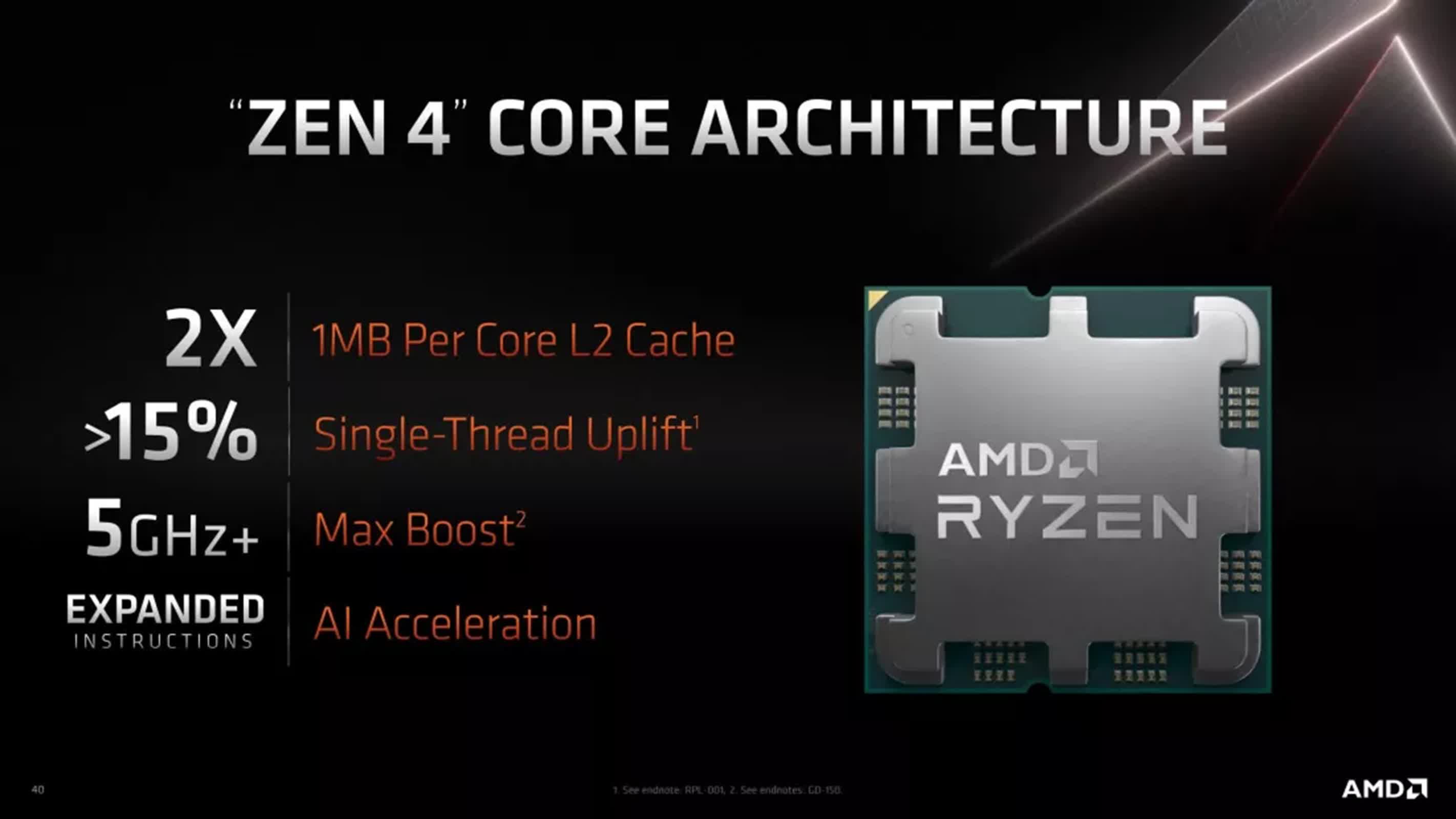Learn extra at:
What simply occurred? A big vulnerability, referred to as EntrySign, has been uncovered by Google safety researchers, affecting all AMD Zen processors from Zen 1 to Zen 4. This flaw permits attackers with native administrator privileges to bypass AMD’s cryptographic verification system and set up customized microcode updates on affected CPUs.
The vulnerability stems from AMD’s use of AES-CMAC as a hash operate in its signature verification course of, which is a vital cryptographic error. AES-CMAC is designed as a message authentication code, not a safe hash operate, making it unsuitable for this goal.
The researchers found that AMD had been utilizing a publicly obtainable instance key from NIST documentation since Zen 1, which allowed them to forge signatures and deploy arbitrary microcode modifications. These modifications can alter the CPU’s conduct at a basic stage, enabling refined assaults that persist till the following system reboot. As an illustration, the researchers demonstrated modifying the RDRAND instruction to persistently return predetermined values, successfully compromising the CPU’s random quantity technology.
To facilitate additional analysis, Google’s safety workforce has launched zentool, an open-source jailbreak toolkit that permits researchers to create, signal, and deploy customized microcode patches on susceptible processors. It contains capabilities for microcode disassembly, patch authoring with restricted meeting help, and cryptographic signing capabilities.
The toolkit gives researchers with a platform to discover customized microcode updates and develop security measures just like these obtainable for Intel processors.
AMD has responded by issuing microcode updates that exchange the compromised validation routine with a customized safe hash operate. These patches leverage the AMD Safe Processor to replace the validation routine earlier than x86 cores can course of doubtlessly tampered microcode. Though the assault requires native administrator entry and doesn’t persist by means of energy cycles, it poses important dangers to confidential computing environments utilizing applied sciences like SEV-SNP and DRTM.

Trendy x86 CPUs, together with these from AMD and Intel, use microcode to implement complicated directions. These updates are essential for patching {hardware} bugs with out requiring expensive {hardware} redesigns.
Within the case of AMD Zen processors, microcode updates are double-checked in opposition to a sequence of strings and keys signed by AMD and confirmed in opposition to a hard-coded public key within the CPU. The EntrySign exploit works as a result of AMD used AES-CMAC to permit researchers to reverse-engineer the safety keys, stopping end-users from pushing unsigned microcode updates. Reusing a publicly accessible NIST instance key because the safety key additional facilitated this exploit.


